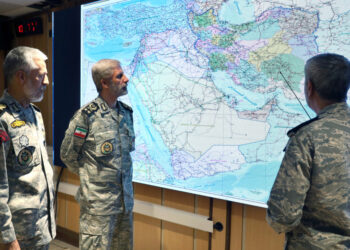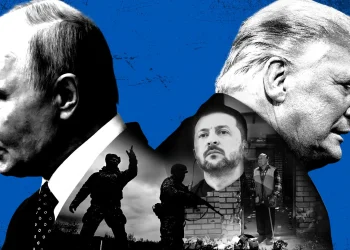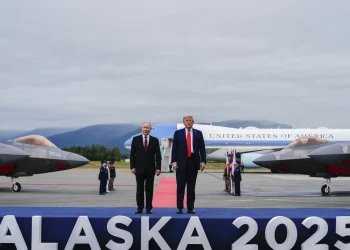TBILISI (Realist English). The recent targeted assassinations of senior IRGC commanders and high-ranking Iranian officers are not simply the triumph of foreign intelligence operations. Rather, they are the outcome of a complex interplay between external penetration and internal vulnerabilities within the Iranian system.
At first glance, these killings appear to be the result of yet another successful Israeli intelligence operation — and indeed, Mossad has long earned a reputation as one of the most effective intelligence services in the world. Israel’s ability to gather precise intelligence, infiltrate hostile structures, and eliminate key targets is well-documented, from the theft of Iran’s nuclear archives to the assassination of physicist Mohsen Fakhrizadeh in 2020.
But look deeper, and a different picture emerges: the scope and precision of the latest strikes suggest that Israeli intelligence did not act alone — it received significant support from within Iran. Many of the attacks relied on exact coordinates and operational data that would be extremely difficult to acquire from the outside, especially when it comes to restricted military zones or the movements of protected individuals. This points to serious breaches and leaks in Iran’s security system — whether deliberate or accidental.
One explanation is betrayal: against the backdrop of economic collapse, international isolation, and declining legitimacy of the ruling elite, more and more insiders — even those formally loyal to the regime — are acting out of personal gain or deep disillusionment. Another factor is ideological erosion: younger officers, raised not in the fervor of the Islamic Revolution but amid corruption, despair, and public mistrust, are increasingly demotivated and detached from the system they are meant to protect.
Israel is exploiting this expertly: satellite surveillance, cyberintelligence, agent networks, and precise coordination — these tools are only effective when the adversary is weakened from within. To call this merely an external success would be simplistic. These assassinations became possible not because Israel has grown stronger, but because Iran has grown weaker.
This breakdown is not necessarily betrayal in the traditional sense — handing over secrets to the enemy — but rather a form of internal fracture: demoralization, mistrust, and the crumbling of institutional cohesion. For this reason, the recent strikes on Iranian military leadership are not merely the product of spycraft, but symptoms of a deeper illness afflicting the Iranian state.
Vasily Papava, Iran analyst, exclusively for Realist English


















